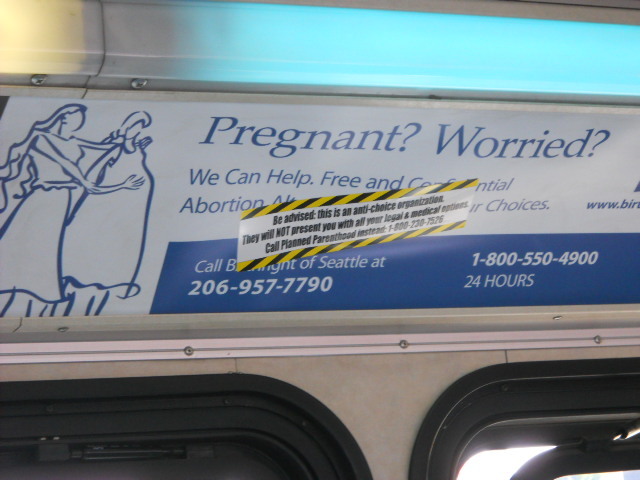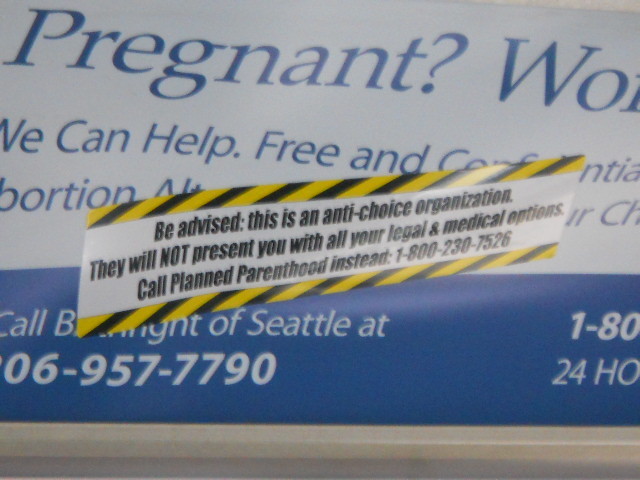I don't know much about cycles of abuse. I have never had to learn. What little abuse I have suffered has either been incidental or been suffered at the hands of institutions I'd trusted to take better care of me and my concerns (employers and schools). I'm also just starting to learn about
restorative justice (and I want to know more). So I'm extremely hesitant to talk about this and probably have very very few pieces of this puzzle. Please, please, please note that this post is part of a daily blogging project. This topic came up today unexpectedly probably as a result of the
things that have been happening in my communities lately and
what I've been reading.
I fully intend to come back to this topic. This is just the beginning of a long and ongoing conversation. It is highly likely that some of the following content will be poorly worded or just plain wrong.
What I want to talk about has to do with restorative justice and survivors of abuse and oppression. All humans at some point suffer from oppression but not all humans suffer equally. Often this oppression takes the form of (systematic) abuse.
An integral and necessary part of radical politics is acknowledging this oppression, it's discriminating distribution, and offering space and resources for the healing processes of those hurt by oppression and abuse.
This is the
sankofa bird. It's associated with the Ghanian proverb “Se wo were fi na wosankofa a yenkyi," which translates "It is not wrong to go back for that which you have forgotten." and emphasizes the value of of reaching from the past in order to move forward with wisdom.
I chose this image to demonstrate that finding wisdom in the past is essential to moving forward sustainably. I also believe the reverse to be equally true. If we do no make strides to move forward after going back to retrieve what we have forgotten, it may not mature into the wisdom we need.
When the healing process in our communities stops us from moving forward it stops history from becoming wisdom. This doesn't mean forgetting or abandoning our histories but moving forward means not dwelling on our own healing process to the detriment of others who want to share our community.
Helping each other heal is one of the most important functions of radical politics, but it's not its only function.
So what does this mean in the real world? It means that women who claim they cannot heal in spaces that includes people with genitals and childhood experiences of gender that differ from their own ('feminists' who exclude trans women) need to realize that their healing is not the only job to be done.
It means that while victims/survivors of harassment & assault deserve to have their community insulate them from their abusers and offer resources for their healing, the abuser and those who match the abuser's demographic must still be respected as human beings.
Being treated in an inhumane way does not give the recipient of that suffering someone a free pass to treat others inhumanly or incite the inhumane treatment of those who contribute to their healing process.
Believe me when I say, that was a hard sentence for me to write. There are certainly people in my history I want to yell at and even do physical harm to. I personally will not hesitate to use physical violence to stop someone from physically assaulting someone I love.
But when we enable and encourage the inhumane treatment of our abusers/oppressors and those who look/behave like them we are enabling the cycle of abuse. We send the message that violence and exclusion are the proper way to heal and even that such violence is radical. We excuse such violence by calling it solidarity for victims/survivors.
I don't mean to invalidate the very real instances where immediate violence is required for personal survival. That shit exists and I hate that it does. I don't think there is a single anti-oppression activist that would feel otherwise. But I now realize that encouraging the violence and exclusion between ourselves and our oppressors/abusers perpetuates the notion that that there are people who are abusers and people who are not.
We are all capable of
treating others inhumanely. Saying or thinking that some people just can't help it or thinking that they are unable to take responsibility, enables us to think of them exclusively as abusers and even monsters, and to treat them inhumanely.
This nasty loophole of twisted solidarity & assumption can enable cycles of abuse to continue. Some men abuse some women, and some of those women go on to use their experiences of abuse/oppression as an excuse to to exclude, deny and dehumanize trans women because they are assume that trans women are "like the men who abused them". Some men abuse some women, some of those women and those who care about them say "kill all/your rapists" in order to 'support' survivors of rape. This is the same loophole that allowed 2nd wave feminists of the 70s to claim that all penetrative sex was rape.
Make no mistake. I am in no way saying that rage over experiences of abuse are unwarranted. I feel mad as all fuck about the injustices of rape and abuse. There is wisdom to be found from that rage. And we do not have to forgive or even let go of that rage if we don't want. But we do have to take personal responsibility for it.
It's not our fault that certain traits trigger past memories of abuse and trauma, but it IS our responsibility to treat the people with those traits humanely. Trauma is not an excuse to deny someone from existing. It's totally okay not to be able to deal when past trauma is triggered. But what triggered it, no matter who it was attached to, has less to do with your trauma than the person who inflicted that trauma on you.
I personally struggle a lot with this distinction. I have a tendency to dismiss and feel ill-at-ease around people who show apparent signs of wealth and financial flexibility. If a person I don't trust touches me in a certain way or place on my body my trauma comes up. And sometimes (later) I am viciously angry. But the trigger I have aren't the fault of the people who triggered. Oppression, abuse, and violence are the source. I don't need people who trigger me to be excluded or punished. And doing so will certainly not serve to protect me or other prevent harm to others in the community.
I don't need the people who've abused me to be punished either (though I will want to be excluded from spaces that I & other they have abused will be). Survivors/victims of abuse don't need anything from their abusers. They need support and resources from their community in order to start their healing process.
It's the community that needs the abuser to responsibility. We've been hoodwinked by punitive justice systems to think that someone has to "pay" for what happened. I believe in restorative justice model is better for this. Which doesn't mean that the direct relationships between abusers and those the abuse should be repaired, but that we can raise our expectations and build better more respectful scripts for interaction. It also means that we know who needs to work harder at respecting the humanity of other and taking responsibility for their actions.
Let's stop essentializing abusers, oppressors, and those that look like/remind us of them with violence and oppression. The potential to be violent and oppressive exists within all of us and each of us has the power to be less oppressive and violent. Let's hold everyone acceptable to this. It's what can heal communities and makes them safer, less harmful places. It's how we can both look look back and move forward at the same time.



